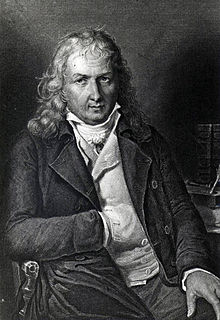A Quote by Fran Lebowitz
Sleep is death without the responsibility.
Quote Topics
Related Quotes
I love sleep because it is both pleasant and safe to use. Pleasant because one is in the best possible company and safe because sleep is the consummate protection against the unseemliness that is the invariable consequence of being awake. What you don't know won't hurt you. Sleep is death without the responsibility.
Sleep would be so welcome. A warm blanket of black to erase everything else. Sleep without dreams. I've heard people talk about the sleep of the dead. Is that what death would feel like? The nicest, warmest, heaviest never-ending nap? If that's what it's like, I wouldn't mind. If that's what dying is like, I wouldn't mind that at all.
I would have liked to catch hold of sleep at least once, just as I had been resolved to catch hold of death one day, to catch hold of the wings of the angel of sleep when it came for me, to grab it with two fingers like a butterfly after sneaking up on it from behind. [...] My sleep game was practice for the grand struggle with death.
If we cannot remain present during sleep, if we lose ourselves every night, what chance do we have to be aware when death comes? If we enter our dreams and interact with the mind's images as if they are real, we should not expect to be free in the state after death. Look to your experience in dreams to know how you will fare in death. Look to your experience of sleep to discover whether or not you are truly awake.
[There are, in us] possibilities that take our breath away, and show a world wider than either physics or philistine ethics can imagine. Here is a world in which all is well, in spite of certain forms of death, death of hope, death of strength, death of responsibility, of fear and wrong, death of everything that paganism, naturalism and legalism pin their trust on.






























